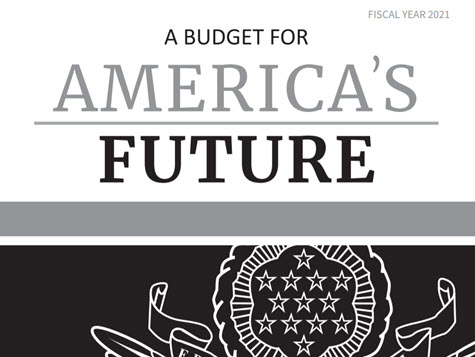
With control over the White House and both chambers of Congress decided, attention has turned to how President-elect Donald Trump’s second term will affect the commercial real estate industry.
Looking Ahead
- As Roundtable President & CEO Jeff DeBoer noted to BisNow last week, the new administration represents a chance to strengthen policymakers’ understanding of the critical role CRE plays in the economy. (BisNow, Nov. 12)
- “Anytime that there’s a turning of the page, there’s an opportunity to emphasize new issues, or to bring priority to older issues that maybe have been pushed out by previous leaders,” DeBoer told BisNow. DeBoer also highlighted key policy priorities for commercial real estate to move forward in the coming administration, including housing, tax, capital markets, and energy.
Housing Policy
- Interagency task force: The Roundtable is calling for a federal task force focused on expanding the housing supply, particularly affordable housing. This task force would coordinate efforts across agencies to streamline building processes and reduce regulatory barriers, incentivizing new development across the U.S.
- Property conversions: The administration should support federal incentives for (such as low interest loans) converting obsolete office buildings into residential housing. Modeled after tax credits for historic preservation, bipartisan legislation like the Revitalizing Downtowns and Main Streets Act could help relieve the national housing shortage. (Roundtable Weekly, July 12)
- Tariff concerns: Proposed tariffs on materials like lumber, steel, concrete, glass and appliances could impact housing supply: “By putting tariffs on housing materials, you will be indirectly increasing costs for buyers and renters and making it more difficult to solve this housing crisis,” said DeBoer.
Tax Policy

- With key provisions of the Tax Cuts and Jobs Act of 2017 (TCJA) expiring soon, tax legislation will likely be central to President-elect Trump’s first 100 days.
- Capital gains: Long-standing elements of the tax code, including the reduced rate for capital gains, the ability to reinvest through like-kind exchanges, and step-up in basis of assets at death, are critical for real estate businesses and encourage productive investment and economic growth. RER will continue to advocate that these provisions be maintained.
- Section 199A: The qualified business income deduction for pass-through businesses, known as Section 199A, ensures that small businesses can compete on a level playing field with public corporations. RER supports extending the deduction, which is currently set to expire.
- Foreign investment: Restrictions on foreign investment discourage capital formation and could hinder growth in real estate at a time when increasing the supply and availability of capital is critical to the industry’s recovery. Policymakers should avoid imposing additional restrictions or tax burdens on foreign investors, and consider repealing or reforming the Foreign Investment in Real Property Tax Act (FIRPTA).
Capital Markets
- Strengthening capital flows in real estate is a top priority, as lending and credit availability have remained relatively weak since the pandemic and are only recently starting to see improvement.
- Interest rates: Policymakers should carefully consider the inflationary effects of fiscal policies to maintain a favorable interest rate environment. Avoiding increased capital requirements, such as Basel III Endgame proposal, is also necessary to prevent hindering growth.
Energy Policy
- With the rise of data centers, AI and other energy-intensive sectors, addressing energy capacity and permitting is a critical bipartisan need and “very important” to RER’s agenda, as DeBoer noted.
- See the story immediately below for more details.
RER is committed to working proactively and productively with President-elect Trump and the 119th Congress to support the needs of the economy and commercial real estate industry.


